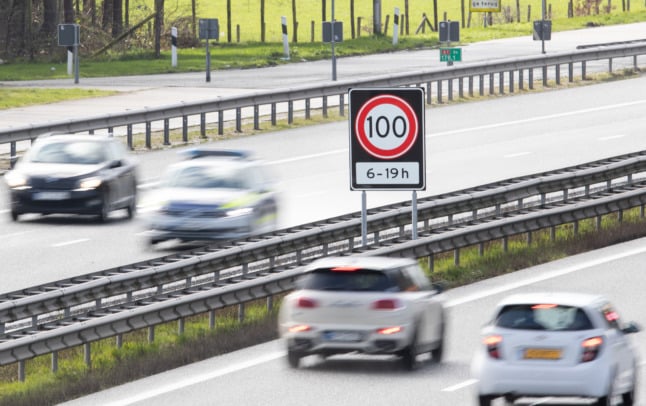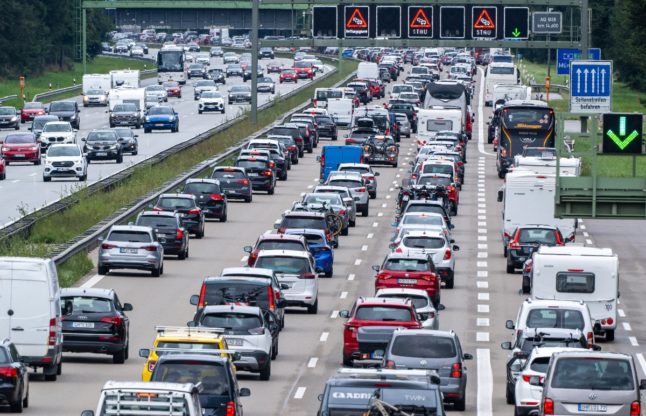Losing an important document can be a nightmare scenario for foreigners in Germany – especially if it’s the one you rely on to get around. So if you search for your driver’s licence one day and suddenly realise it’s missing, you may feel the urge to panic.
Luckily, there’s a two-step process to follow to get a replacement and ensure nobody else can misuse your licence in the meantime. However, German law requires you to act quickly.
Call the lost and found and/or file a police report
If your driver’s licence is lost or stolen in Germany, you’re required to let the police know as soon as possible. You can do this at any police station in Germany.
There may be one place you should try first though before going straight to the police.
If you think your licence may simply have been misplaced, rather than stolen, you can call your local Fundbüro – which deals with lost property – to see if someone has returned it. Many of these are at local city halls, while many public transport companies have their own. Deutsche Bahn also runs one of these for things that are lost on long-distance trains in Germany.
If you still can’t find it, whether you’ve lost your licence or it’s been stolen, you’re required to file a police report.
Once you’ve filed the report, the police will give you a confirmation letter. You can use this to apply for a replacement licence.
READ ALSO: How to get a German driver’s licence as a third-country national
Get in touch with the traffic office
Once you’ve filed a police report, you’ll need to get in touch with your local Fahrerlaubnisbehörde – or “traffic licencing authority” – to get a replacement licence. In Berlin, for example, you can go online and book an appointment for this.
You’ll need to bring a few documents with for your appointment to get a replacement licence. These include a biometric passport photo, the loss or theft report from the police, and a piece of legal ID. You’ll also need to pay a fee – which can vary depending on your local authority.
READ ALSO: What you should do if you lose your residence permit in Germany



 Please whitelist us to continue reading.
Please whitelist us to continue reading.
Member comments